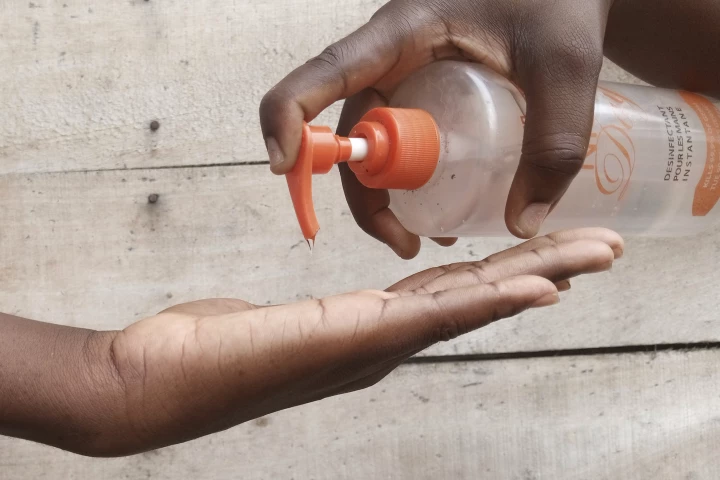Viruses and Bacteria
-
Following the outbreak of the COVID-19 pandemic, the world responded with public health measures, including social distancing practices. But it appears that humans aren’t the only ones to modify their environment to mitigate epidemic risk.
-
Over the past several years, we've all become pretty familiar with alcohol-based hand-sanitizing gels. A new type of gel is said to kill just as many microbes, but it does so for much longer … and it doesn't dry out your skin.
-
Black cats may be a symbol of bad luck in many Western societies, but one such sooty feline has brought good fortune to scientists, playing a key role in identifying a new virus that can infect humans. It's the second novel bug Pepper has hunted down.
-
Every couple of years we see a wave of stories claiming picking your nose is a causal factor in the onset of Alzheimer's disease. So where does this story come from and why is it, according to neuroscientists New Atlas contacted, "extremely unlikely."
-
If you were given a choice of vaccine delivery method, would you rather a needle or a skin cream? Thought so. Well, the latter might be a viable option soon, as Stanford scientists have used a topical cream to strongly vaccinate mice against tetanus.
-
Nobody wants to get a respiratory infection, but vaccines aren't 100% effective, and constantly taking drugs can be problematic. That's where a new nasal spray may come in, as it's been shown to prevent such illnesses without the use of drugs.
-
A new device has been shown to protect wearers from airborne viruses while leaving their face mask-free. It blocks microbes via a curtain of air which has itself been pretreated to kill any viruses present within it.
-
To help combat the rise of antibiotic-resistant bacteria, researchers have been experimenting for years with drug-free methods to blast disease-causing bugs. A new type of stainless steel does exactly that, in a convenient and affordable way.
-
When it comes to toilet etiquette, do you put the lid down before you flush, or leave it up? A new study has shown just what happens when you leave it up – and the results might have you questioning just what you do behind closed doors.
-
A study has demonstrated that a bacterial defense mechanism against invading viruses can be used to combat bacterial infection, opening the door to new anti-bacterial therapeutics, particularly important in the setting of rising antibiotic resistance.
-
Our bodies are home to trillions of microbes, including bacteria, viruses, fungi, and a whole host of others. Now, Stanford scientists have discovered an entirely new class of biological entities inside us, which they’ve ominously named “Obelisks.”
-
Bacteria often go dormant to avoid being wiped out by antibiotics, which makes treatment difficult. Now scientists have discovered a virus that can attack these sleeping bugs, clearing out infections effectively when paired with drugs.
Load More











